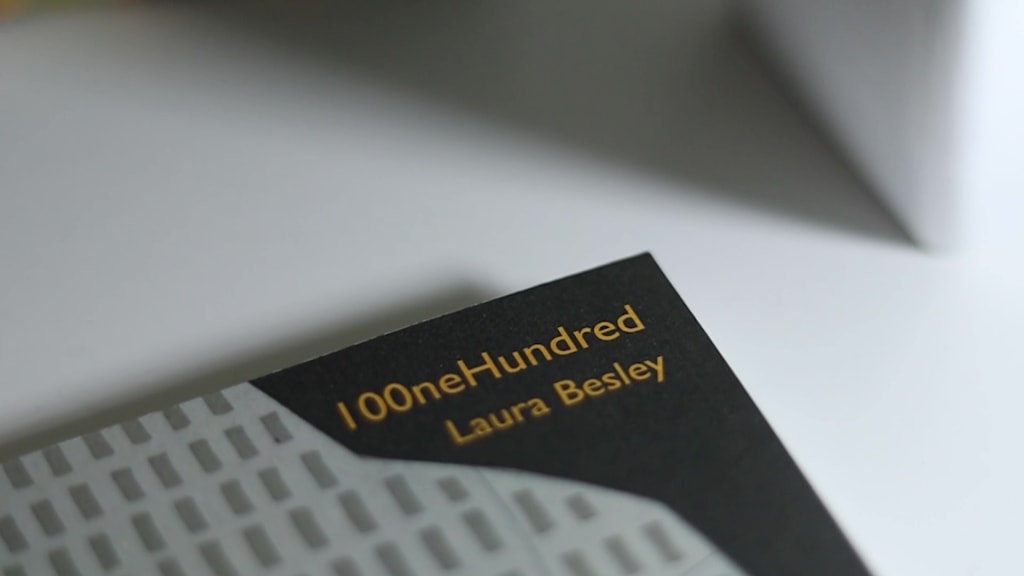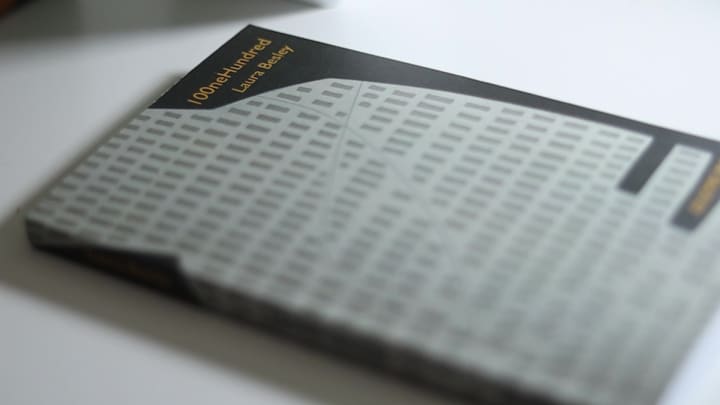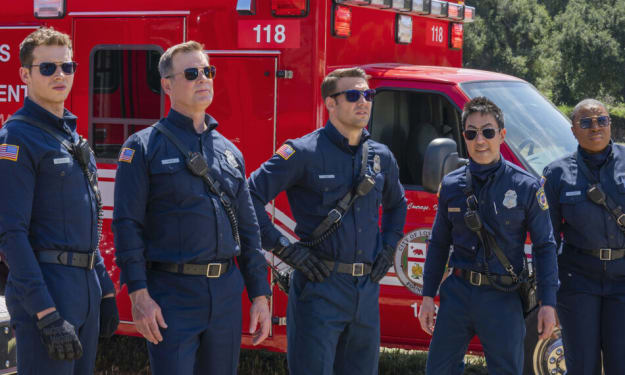How many words do you actually need to tell a story?
Discovering the art of microfiction.

What are the essential components that a story cannot exist without?
You might say 'a beginning, middle and end, surely?' Or else you could say 'a plot, or a narrative?' What about 'compelling characters?'
But to me, it's none of those.
What makes a story a story, in my opinion, is how it makes me feel.
It's whether or not I come away from it feeling something, and that can happen without any of the above components.
I want to tell you how I learned this valuable lesson.
What's the shortest story you've ever heard? Like me, it might be these often quoted six words that are attributed to Ernest Hemingway:
For sale, baby shoes.
Never worn.
By any definition I could find, that isn't a story, but does it make me feel something? Absolutely.
This is the kind of writing that is about pride in your work, accomplishment, mastering a craft. It's not so much about profit.
The sad fact is, these days, the market for short fiction seems much reduced. They heyday for short stories being published and writers gaining a mainstream readership that way seems to have passed us by long ago.
The only time I ever see literary agents and publishers mention it at all is when they say 'no short stories'.
However, the internet has brought writers an alternative opportunity to tell stories in short format. Really short format, in fact.
I discovered one of those writers the same way I discover most of the good things in my life, a recommendation from my wife Hayley, who reads more widely and more consistently than I do and has a laser-calibrated sense of what I'll enjoy.
One morning she handed me a book and said, 'here, you'll like this.'
The book she gave me was Laura Besley's 100neHundred.

It's a book of 100 word stories. Not stories that are around 100 words, or a maximum of 100 words, they are exactly 100 words.
As I began reading them, it really blew me away how every one of them made me feel something, each one left an impression on me, in the same way that a short story or a novel might.
Sure, the impact crater might have been a little smaller along with the wordcount, but it's often not the largest cut that stings the most, it's the deepest. Laura's work is anything but short on depth.
That concept, stories that are very short but very rich, made me look at my own writing differently.
For me, I love stories that hold a mirror up to humanity. That allow us to see ourselves in context for a moment, to look at ourselves and understand something just a little better.
I experienced that with each 100 word story in 100neHundred, but it felt as though those reflections weren't hours spent in front of a mirror, but instead just moment after moment, catching your reflection in a window as you passed.
Those many reflections, showed many different angles.
I knew I wanted to share the lesson I'd learned, that depth of story isn't always tied to length, with other writers. Since then, I've made videos on the subject:
I've also incorporated 100 word stories into my repertoire and in doing so produced some of the writing I'm most proud of.
There's something about the accuracy and brevity that it takes to tell a story in 100 words that I think all a lot of writers would benefit from trying.
There's no better way to prioritise what matters about your story, than by cutting unnecessary words out of it. Being so ruthless in your phrasing and wording is a great way to identify things that simply don't carry their weight in your stories.
Meaningless sentences, repetitive utility words, all of it must go.
If you can get a handle on this skill, I truly believe it will make you a better writer. The concept of prioritising the important details and transferring meaning to your readers in the most efficient way is something you can easily apply to virtually any other form of writing.
But it's not just about applying this skill to longer, potentially more profitable works.
Microfiction is well worth writing for it's own reasons, it's a different writing experience than longer works and subsequently has the power to capture different parts of the human condition.
If you're struggling to get going with writing, or you're burned out, I really encourage you to try it. It could change things for you, it did for me.
Subscribe to my YouTube channel for more writing content like this, in video form!
About the Creator
Kieren Westwood
Kieren Westwood is writer of short fiction and novels usually focussed on the meeting point of literary and crime fiction. He also shares writing experience and flash fiction on his YouTube channel.
youtube.com/kierenwestwoodwriting






Comments
There are no comments for this story
Be the first to respond and start the conversation.